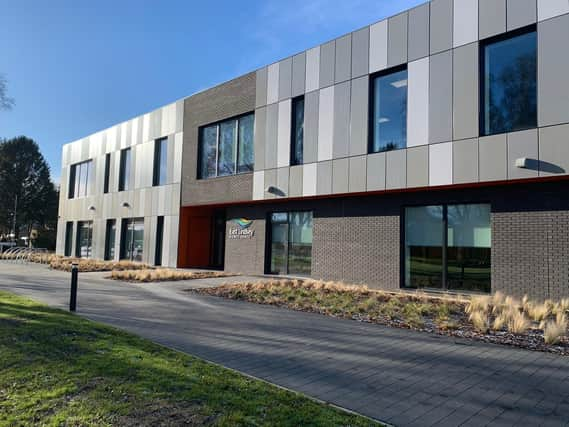Economic growth in market towns and green initiatives among ELDC's priority in budget


The council is aiming to prioritise investment for market towns and parishes, and a period of consultation with communities will take place to decide on the best way forward for the area’s regeneration.
The other priority investment for the coming year are driving and supporting economic growth, supporting the delivery of affordable housing, vulnerable people, healthy living, Invest to Save initiatives, and decarbonisation and investment in green initiatives.
Advertisement
Hide AdAdvertisement
Hide AdThe budget also includes a council tax increase of 3.06 per cent, so a band D property will pay £166.59 to East Lindsey District Council, an increase of £4.95 per year or 9.5p per week, which goes towards district services and supporting the cost of Internal Drainage Boards.
Coun Richard Fry, Portfolio Holder for Finance at ELDC, said that a significant element of the Council’s budget is money for the Internal Drainage Board levy, as next year’s IDB costs are £5.3m – an increase of £277,000 from last year and a £1.45m – a 38 percent increase – since 2021/22.
“The council is part of a Local Government Association Special Interest Group of 30 councils, actively lobbying this issue with Government over this issue unfair and unsustainable funding mechanism,” he said.
"An assurance has been given that a long-term solution is to be implemented by Government for the 2025/26 financial settlement and conversations with DEFRA and the Department for Levelling Up, Housing and Communities continue. Representation will continue to be made to press the urgency of this matter due to the unaffordable levies and the substantial loss of income to the council.”
Advertisement
Hide AdAdvertisement
Hide AdAs well as approving the budget for 2024/2025, members voted to continue a scheme to support residents on low or no income to pay their annual council tax bill.
The maximum support available to working age applicants is 75 per cent, meaning that all working age households have to pay at least 25 per cent towards their council tax. The scheme protects War disablement pensioners, war widows and war widowers.